The UN Decade of Ecosystem Restoration launches on World Environment Day
You may have heard about the UN Decade of Ecosystem Restoration, but if not, you’re likely to hear quite a bit about the initiative over the next ten years. Why? The urgency around restoring damaged ecosystems is at a peak right now, and in order to mobilize a variety of stakeholders- from rural farmers to policymakers to environmental organizations like Plant With Purpose, the United Nations Environmental Programme (UNEP) and the Food and Agriculture Organization (FAO) have declared the next ten years as “a rallying call for the protection and revival of ecosystems all around the world, for the benefit of people and nature.”
After many of the social and political shifts brought about by an unpredictable start to the 2020s, the next few years offer an opportunity to reimagine our relationships with our environment and with each other. At the same time, scientific reports have also highlighted the need to act immediately in order to reverse climate change and sustain a liveable planet for the world’s most vulnerable.
The UN Decade of Ecosystem Restoration formally launches June 5, 2021, on World Environment Day.
The United Nations has created a digital space to connect different individuals and institutions interested in working on ecosystem restoration. The goal is to combine efforts to halt ecosystem degradation, to restore areas that have been degraded, and to reimagine our sense of stewardship to the places that make our planet livable, beautiful, and abundant.
Plant With Purpose is excited to participate in the Decade of Ecosystem Restoration. We are honored by the opportunity to work alongside other organizations, partners, and institutions all around the globe in order to restore ecosystems by planting trees, promoting regenerative agriculture, and empowering local communities to heal their land. As an international nonprofit building connections among faith communities, we acknowledge that we have a significant role to play.
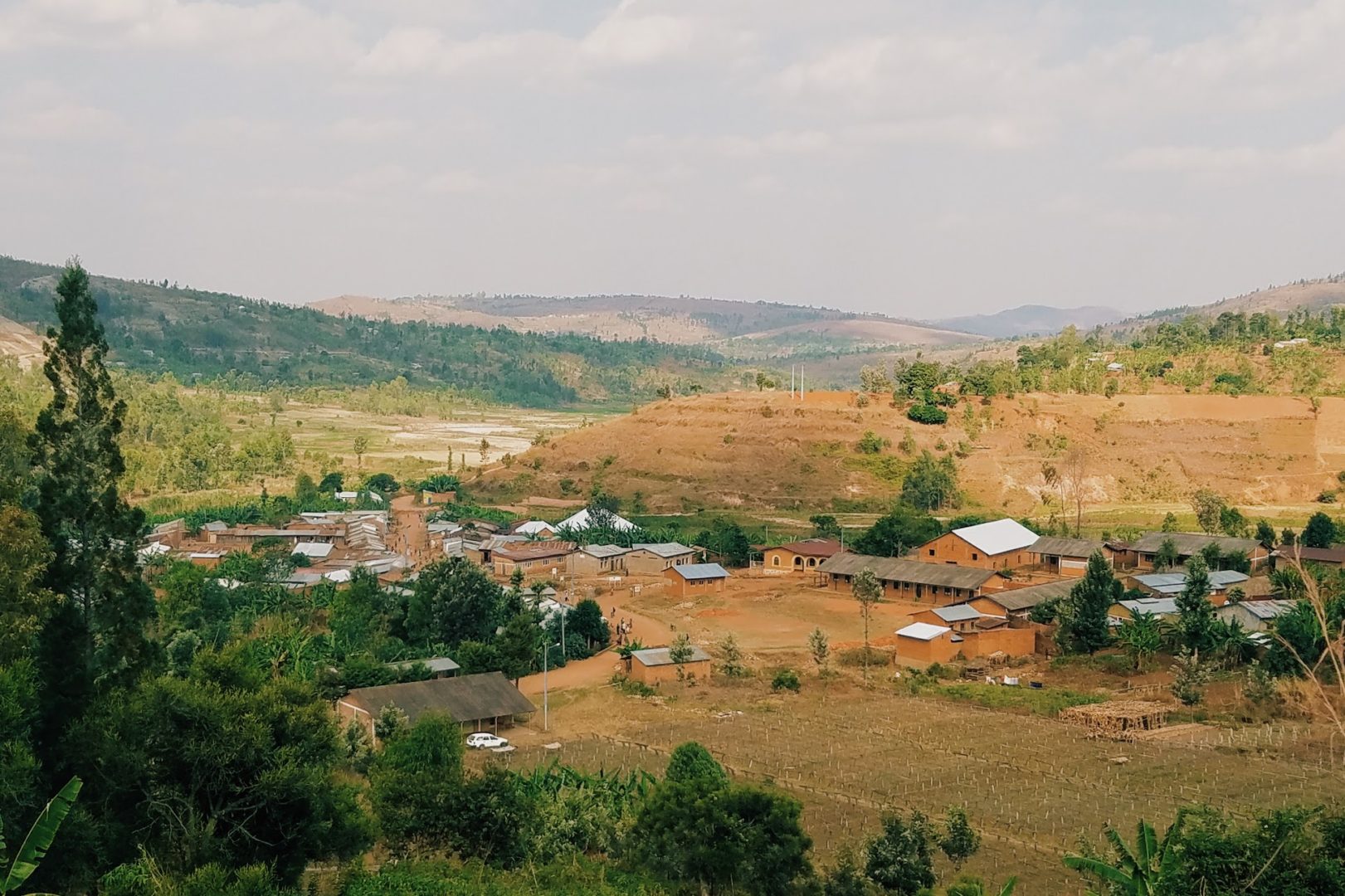
Farmlands are vital, and often vulnerable, ecosystems
From forests to farmlands
The UN Decade on Ecosystem Restoration aims to focus and address the needs of each different type of ecosystem uniquely. Materials for the initiative are focused on eight main categories of ecosystems and provide goals, action steps, and visions for what it means for each of these types of ecosystems to thrive.
While Plant With Purpose shares the desire for each of these ecosystem types to flourish, two types in particular remain highly relevant to our immediate areas of work: forests and farmland.
As an organization that promotes agroforestry and reforestation, forest ecosystems are critical for life on Earth. Forests, in a sense, serve as the “lungs of the Earth” because of the way they provide us with clean air and capture and store large amounts of carbon that would otherwise contribute to climate change. We work in countries where deforestation is a major threat. A primary example of this is Haiti, where only around 2% of its original forest remains intact. This severe deforestation contributes greatly to its status as the Western Hemisphere country with the worst poverty and hunger rates.
Our program aims to promote forest landscape restoration and natural regeneration by directly mobilizing the communities that live in forest ecosystems. While many efforts to conserve forest spaces do so through the exclusion of forest-dwelling populations, we aim to enrich their ability to manage their forest and to promote a healthier relationship between people and their ecosystems.
We also focus on farmland ecosystems. People may not always think of farms as ecosystems, but many of the farms around our planet are. They not only supply us with food, but the soil beneath farms also holds vast amounts of carbon and provides some of the basic building blocks and nutrients for entire systems of life. We work with hundreds of rural farming families around the world to grow and cultivate food in a way that maintains the health of their land and surroundings.
In addition to farmlands and forests, the UN Decade of Ecosystem Restoration also focuses on freshwater restoration; grasslands, shrublands, and savannahs; mountain restoration; oceans and coasts; peatlands; and urban areas.
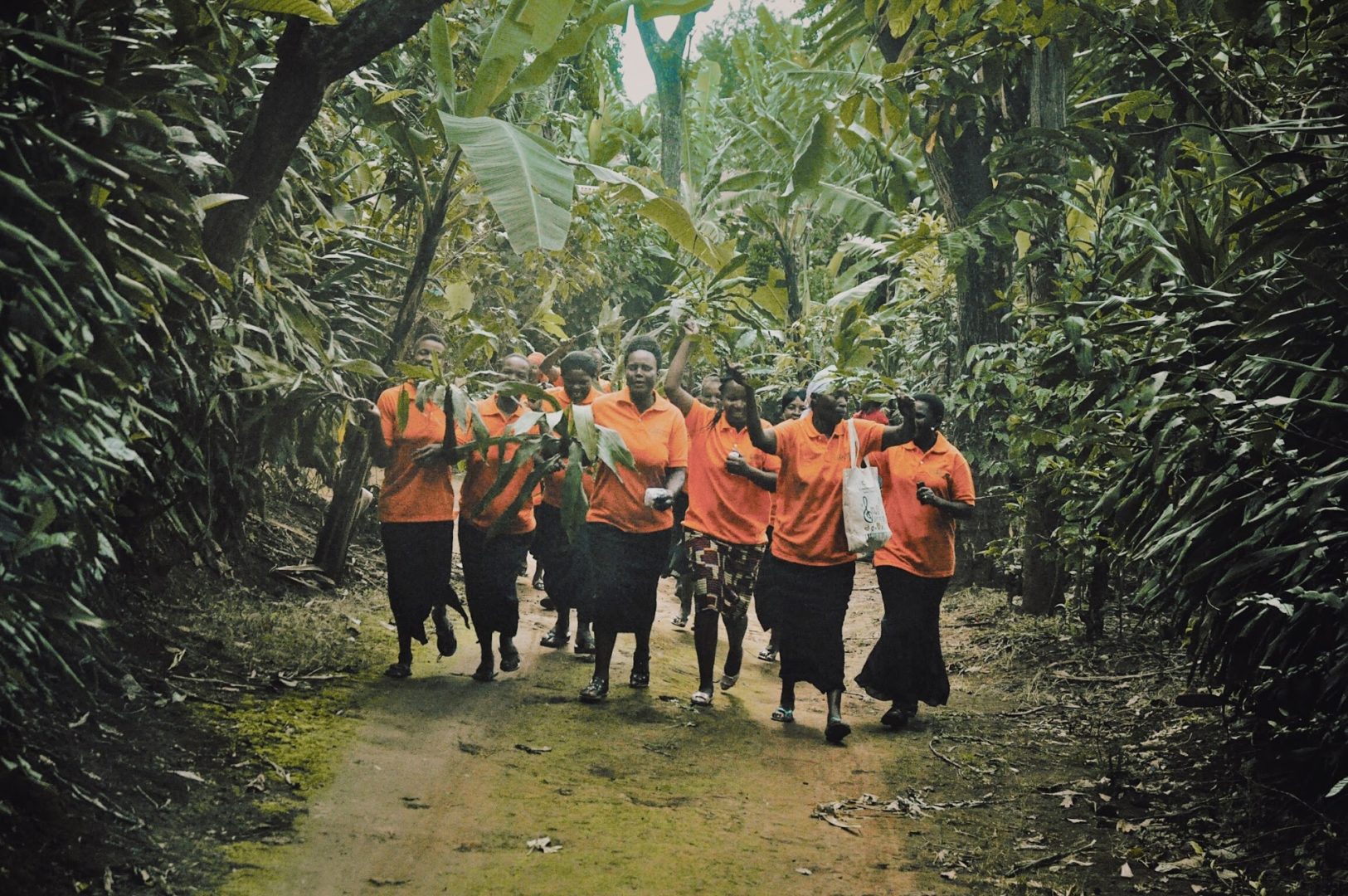
Farming women from a community in rural Tanzania.
A focus on interconnectedness
One of the big strengths of the UN Decade of Ecosystem Restoration is its expanded focus on not merely conserving one species or example of life, but on the interconnectedness of it all. Each species within an ecosystem serves a function, and they contribute to the overall health and balance of each ecosystem.
In Plant With Purpose’s work with both community and ecology, we see that Creation was designed with threads of interdependence. Damage or destruction to a single species or section of life can threaten the health of a whole system.
One way Plant With Purpose has leaned into the interconnectedness of nature is through a watershed-based model of environmental restoration. Our programs focus their interventions on an area defined by the hydrological boundaries of natural geography. We’ve found that this allows us to be much more effective at helping communities flourish through environmental activities. Rather than needing to work immediately with a watershed’s entire population, we simply need to saturate participation to around half of the households within a watershed. Once that threshold is reached, we see that the entire watershed benefits.
To date, we’ve succeeded in reversing deforestation in every watershed where we work. Using satellite imagery, we’ve been able to affirm that tree cover and the restoration of plant life is on the rebound, and that is good news for the biodiversity of the area’s wildlife. We’ve also increased crop yields while diversifying the varieties of crops that participants plant and harvest. The soil health in the farmland ecosystems where we work is restored, contributing to both food security and carbon sequestration.
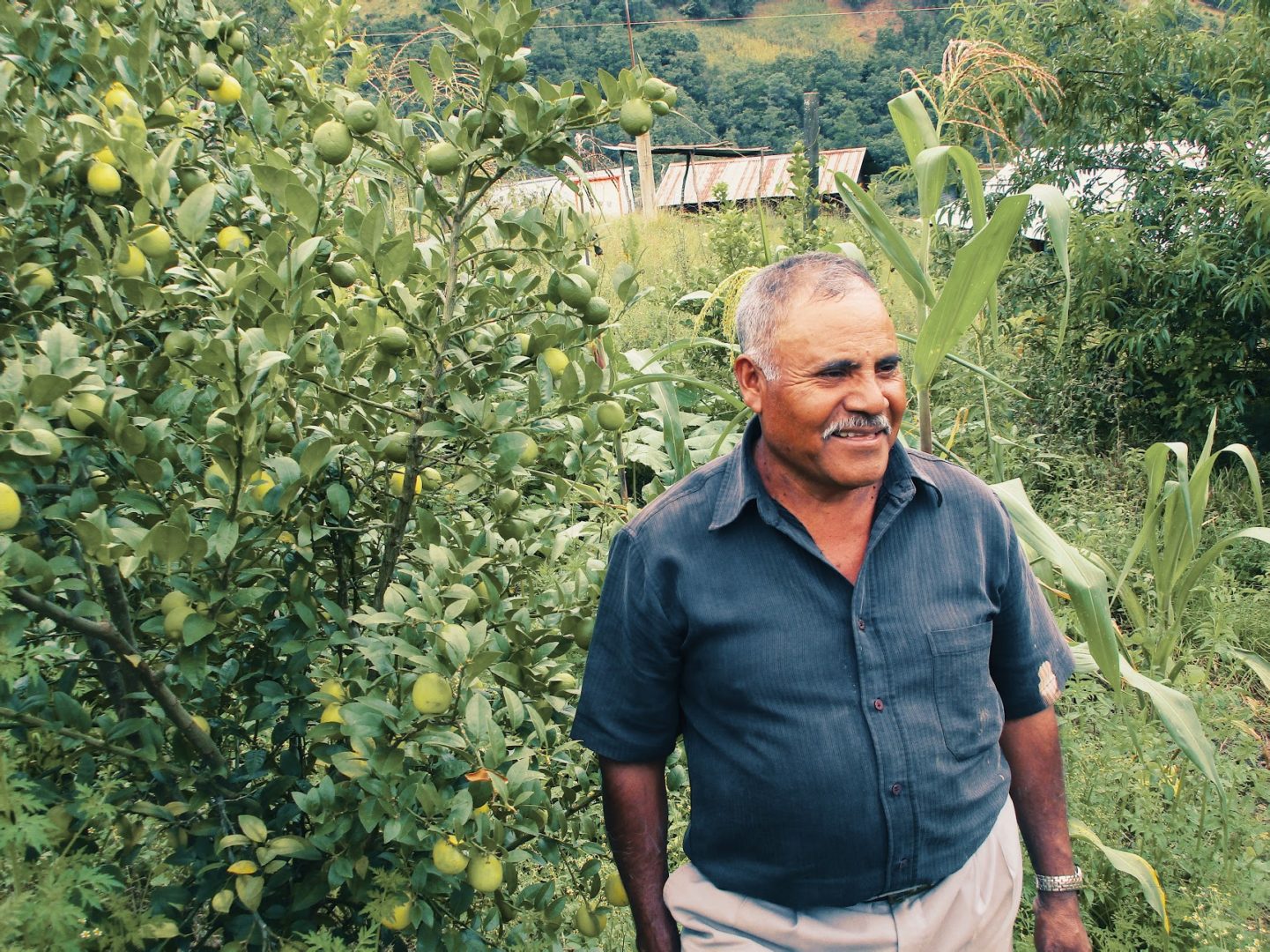
Moises, a participating farmer from Mexico.
What does this mean for those working toward restoration?
What does the enthusiasm surrounding the UN Decade of Ecosystem Restoration mean for an organization like Plant With Purpose? Quite a bit.
It helps us identify the ways in which our program activities and our mission are aligned with others—from other nonprofit organizations to larger institutions, local governments, and other initiatives of the United Nations. Discovering these areas of alignment lead to opportunities to work together. For example, similar goals to improve rural livelihoods in Burundi have led to a partnership between Plant With Purpose and HOPE International in the country, transforming lives for hundreds of families. Discovering areas of alignment can also lead to more funding opportunities, which can help us scale up our work during a time of critical need.
The opportunity to share resources and knowledge can also ensure that different organizations and institutions are working effectively and holistically. Similarly, we can benefit greatly from the shared knowledge and learned experiences of other organizations. As the FAO describes, “Through communications, events and a dedicated web platform, the UN Decade will provide a hub for everyone interested in restoration to find projects, partners, funding and the knowledge they need to make their restoration efforts a success.”
Ecosystems remind us that interconnectedness and collaboration are strengths. Different parts of an ecosystem working in tandem are key to the health of the environment, and similarly, those who wish to work toward ecosystem restoration must also work in partnership. We look forward to finding more and more opportunities to thrive through connection, from local partners on the ground to partners around the world.
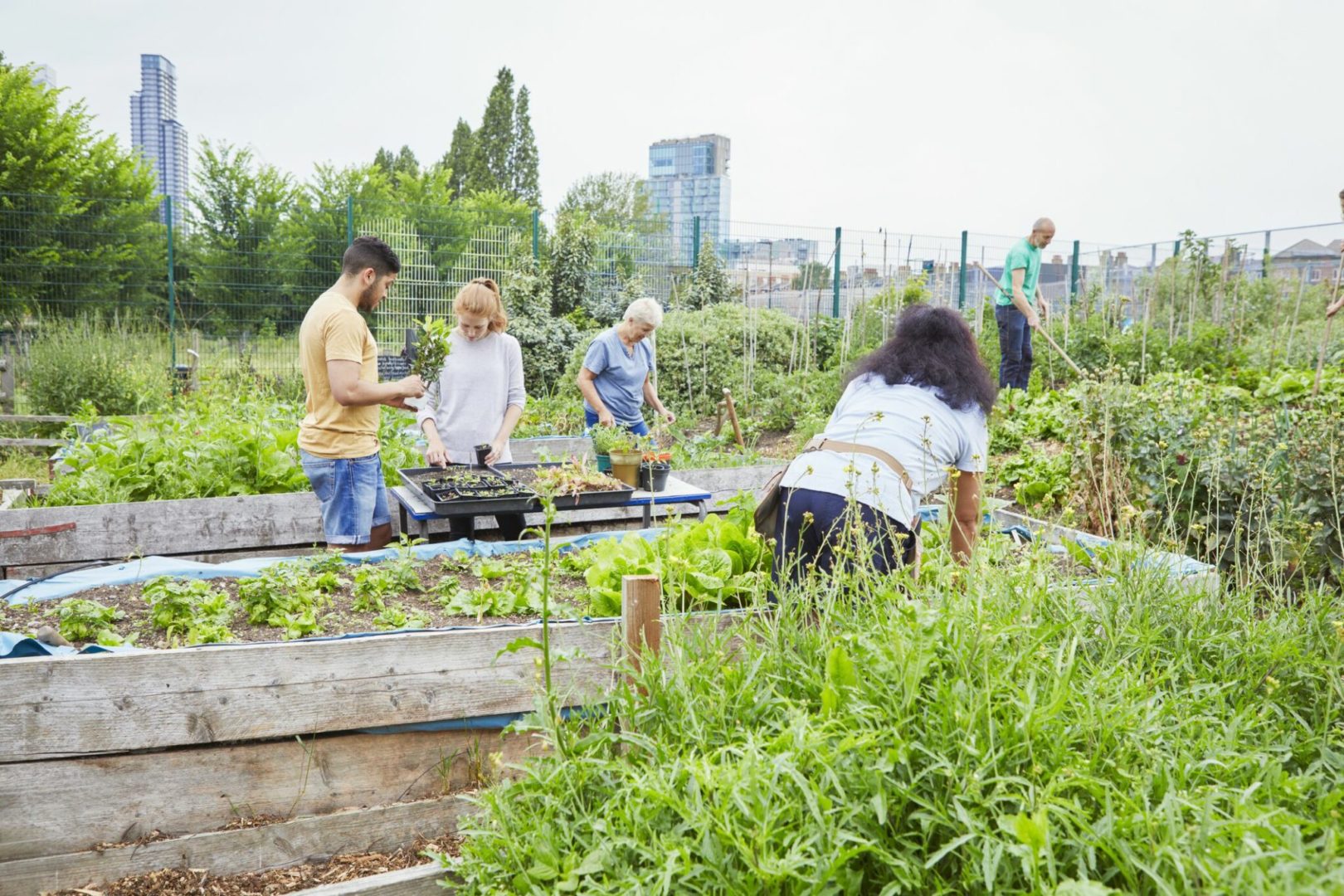
Ways to participate in ecosystem restoration
In reading this, you may be wondering how you can participate in the restoration of ecosystems over the next decade as well. Some of the materials put forth by the UNEP can help provide a good starting point for learning more and engaging in restoration.
Restoration is a significant task. Over the next decade, every action will be meaningful. Some of the key actions individuals can take immediately are:
- Starting or supporting on-the-ground restoration projects, like Plant With Purpose’s programs for forest and farmland ecosystems, or ones promoting ecosystem health in peatlands, mountains, savannahs, oceans, and more
- Making conscious decisions when it comes to product consumption or dietary habits
- Using your voice to support the conservation and restoration of our planet’s ecosystems
Even if you are living in an urban setting, like the majority of the world’s population, you can find local actions to take that can improve the quality of life for those who live in your city or town. A healthy urban ecosystem can significantly contribute to biodiversity, resilience against natural disasters or hazards, and reduced pollution or contamination. Activities like managing your own garden or promoting native plant species through community micro-forests can be accessible but profound ways to contribute to the UN Decade of Ecosystem Restoration. Supporting access to green spaces can also promote a shared understanding of the value nature has in each of our lives.
Stay connected to Plant With Purpose to hear of further ways we’ll be contributing to the healing of ecosystems across the globe. Be sure to sign up for updates, in-depth information about our work, and ideas about what you can do here.

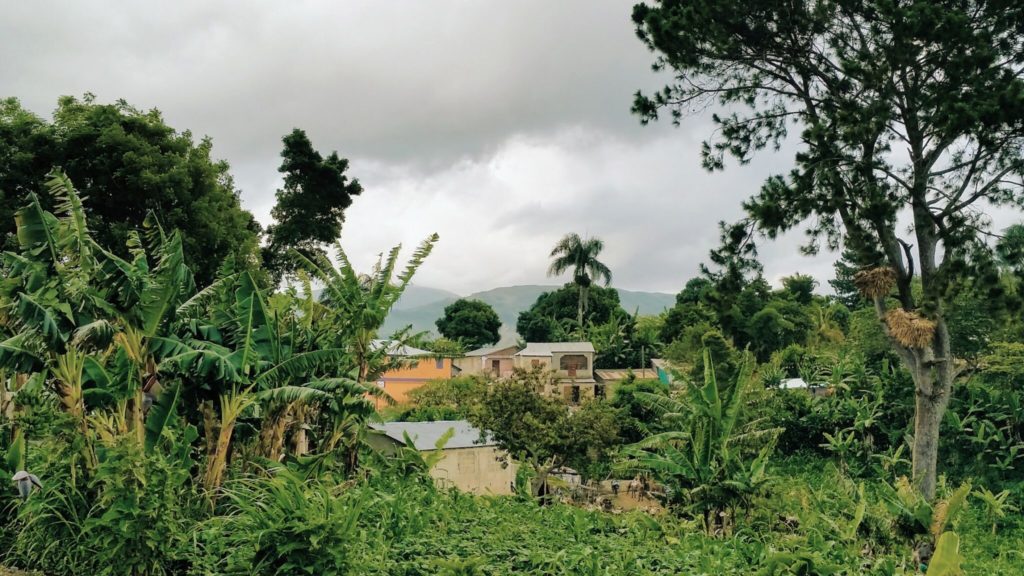
















This is great! Wishing you all blessings as you continue to restore ecosystems and the lives of the people who live in them.